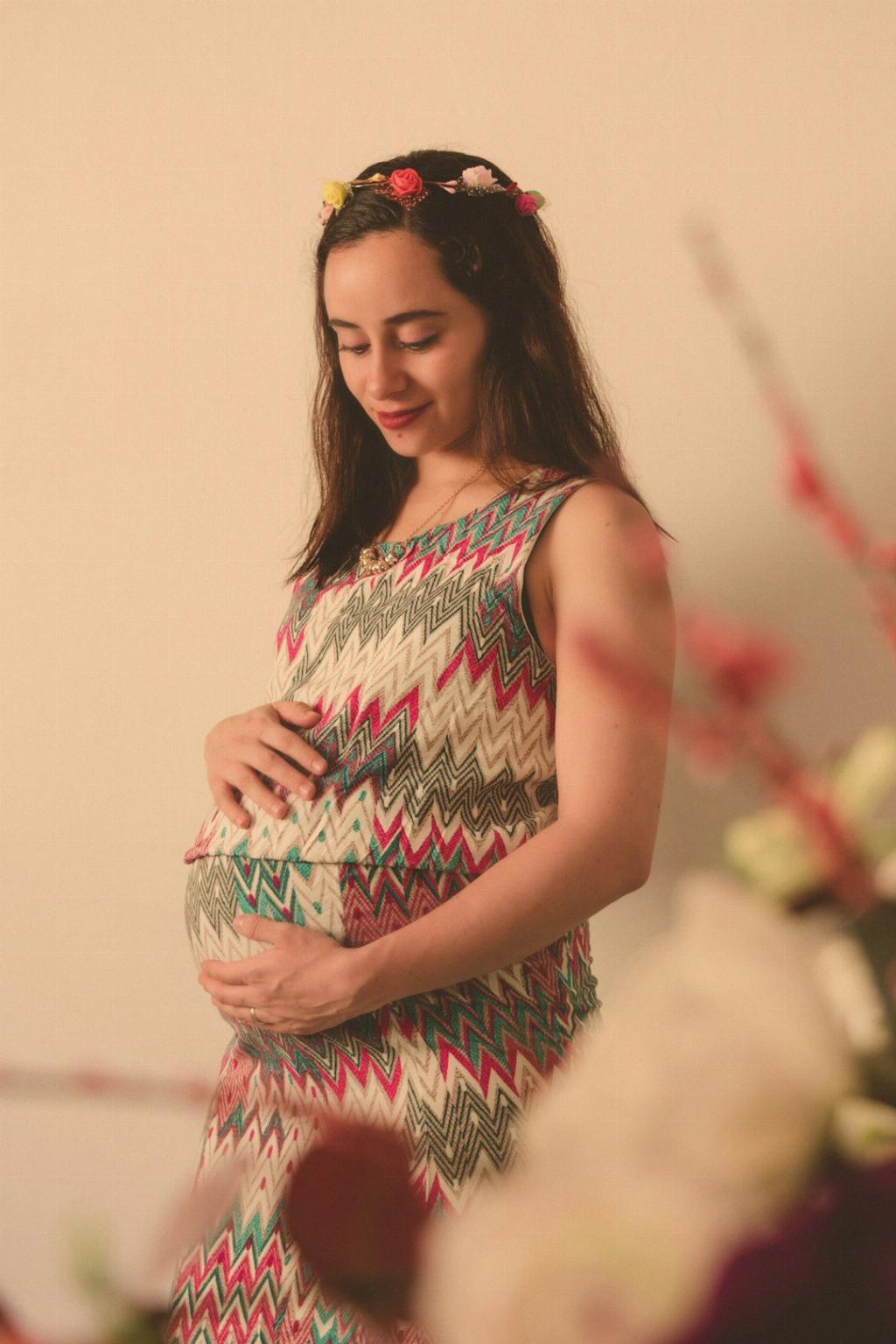When it comes to managing common cold symptoms during pregnancy, many expectant mothers find themselves wondering about the safety of specific over-the-counter remedies. One prevalent household name in this realm is Vicks VapoRub, a popular vapor rub used to relieve congestion and cough symptoms. But what about using Vicks during the crucial first trimester of pregnancy?
Fortunately, Vicks VapoRub is generally considered safe to use during the first trimester of pregnancy. The active ingredients in Vicks, such as camphor, eucalyptus oil, and menthol, are typically not known to pose significant risks to the health of the mother or the developing fetus when used as directed. However, it is always advisable for pregnant women to consult with their healthcare provider before starting any new medications or treatments, including topical products like Vicks.
During the first trimester, the baby undergoes critical development, and expectant mothers are understandably cautious about anything they expose themselves to. Vicks VapoRub is generally seen as a low-risk option for managing cold symptoms during pregnancy. It is important to note that using Vicks as directed, and not exceeding the recommended dosage, can help mitigate any potential risks.
Many pregnant women find relief from nasal congestion and coughing by using Vicks VapoRub. The soothing menthol scent and warming sensation can provide comfort during times of discomfort. However, it is crucial to follow the instructions on the product packaging carefully and avoid applying Vicks to areas that could potentially be ingested or come into direct contact with sensitive areas of the body.
While Vicks VapoRub is generally considered safe for use during pregnancy, some women may still have concerns about its ingredients or potential side effects. If you are unsure about using Vicks or have any specific health concerns, it is always best to seek advice from your healthcare provider. They can provide personalized guidance based on your medical history and individual circumstances.
It is essential for pregnant women to prioritize their health and well-being during all stages of pregnancy, including the first trimester. While using Vicks VapoRub for temporary relief of cold symptoms may be appropriate for most expectant mothers, it is crucial to remain vigilant and cautious about any medications or treatments you use during this critical time.
Ultimately, the decision to use Vicks VapoRub during the first trimester of pregnancy should be made in consultation with your healthcare provider. They can offer tailored advice based on your medical history, pregnancy status, and any specific concerns you may have. Open communication with your healthcare team is key to ensuring a safe and healthy pregnancy journey.
When considering the safety of using Vicks VapoRub during pregnancy, it is essential to weigh the potential benefits of symptom relief against any perceived risks. For many expectant mothers, finding safe and effective methods to manage common cold symptoms can greatly improve their comfort and overall well-being during this special time in their lives.
Overall, Vicks VapoRub is generally considered safe to use during the first trimester of pregnancy for the temporary relief of nasal congestion and cough symptoms. However, pregnant women are encouraged to exercise caution, follow the product instructions carefully, and consult with their healthcare provider if they have any doubts or concerns about using Vicks or any other medications during pregnancy.
Remember, every pregnancy is unique, and what works for one expectant mother may not be suitable for another. By staying informed, seeking guidance from healthcare professionals, and prioritizing your health and well-being, you can navigate the challenges of pregnancy with confidence and peace of mind.

